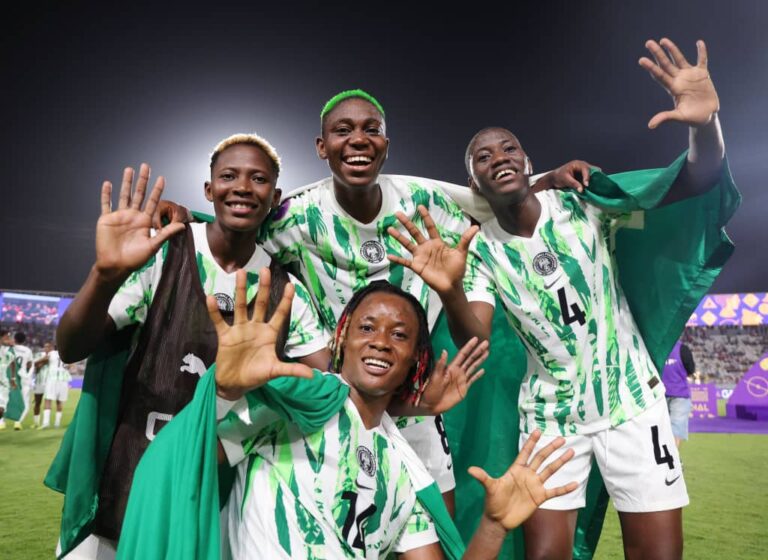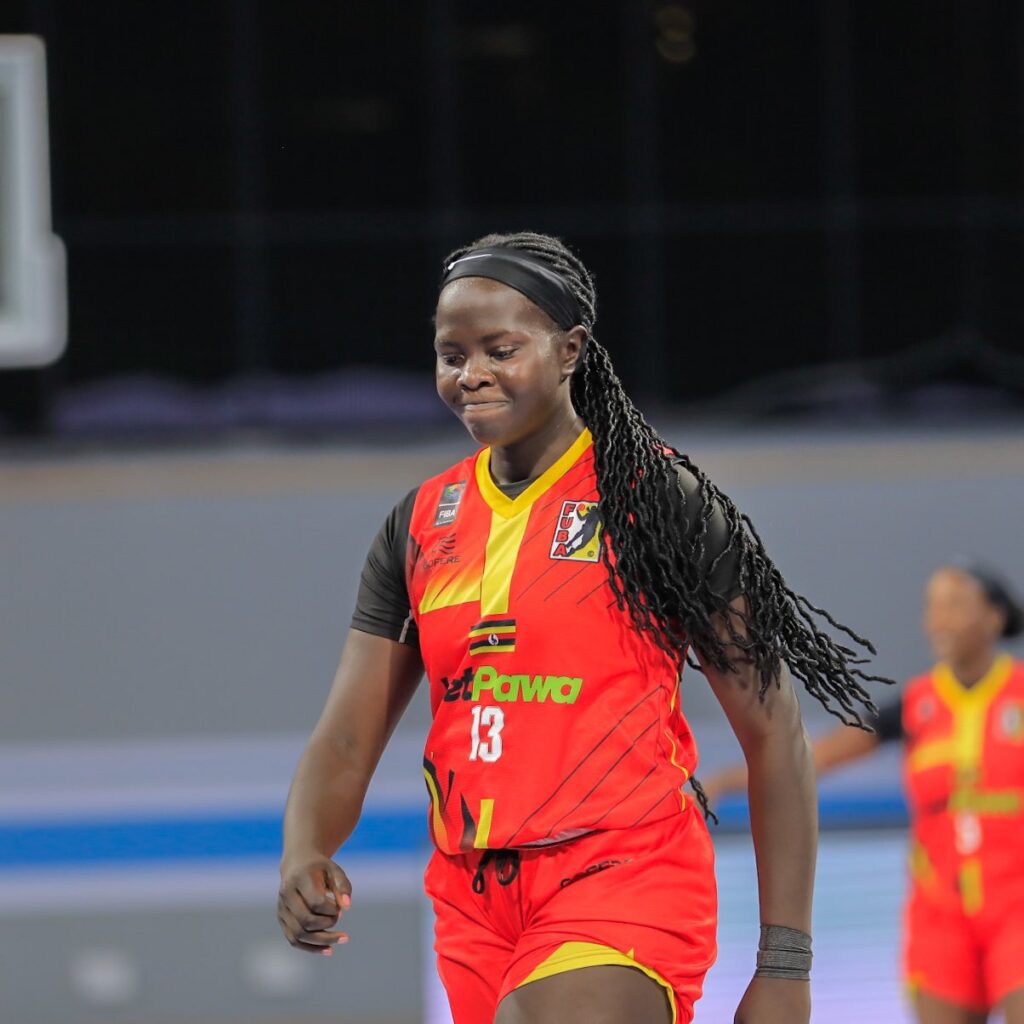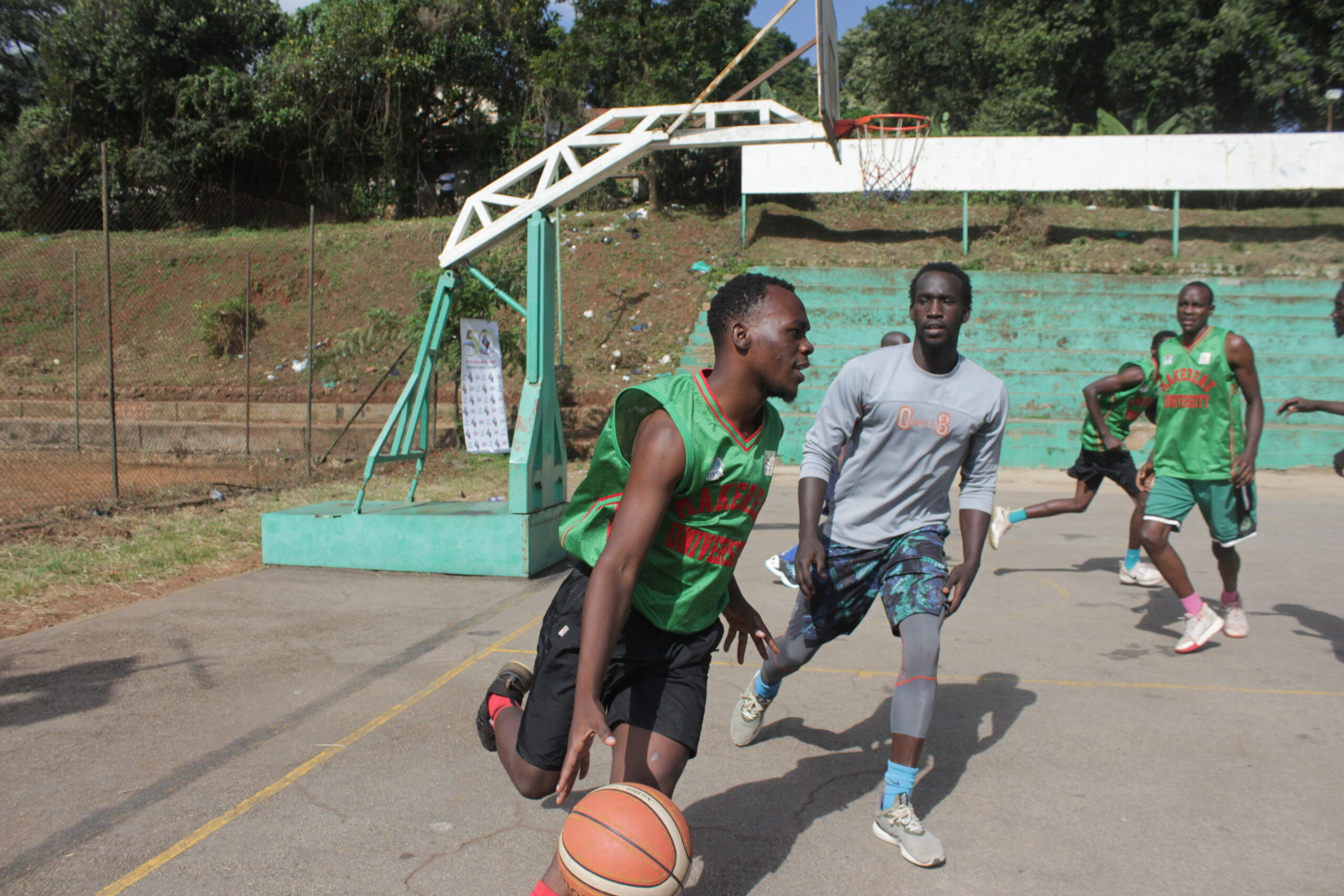
There is nothing that scares an African athlete more than when faced with speaking up against an injustice or unethical behavior from the sports leaders of their federation. I am not blind to why they have that fear. Not too long ago, a rugby player in Uganda Rugby lost his position as the National team captain, got banned for nearly a year’s/season, and nearly suffered a ban from the sport because he came out to speak about the player grievances from athletes at the national level. It’s not only in rugby, but a trend in other sports where players get excommunicated and soon are pushed away from the sport because they spoke up for the silent majority. It’s not only a Ugandan problem, but other African countries are similar in their works (indeed, Africa is a country). Take an example of the Nigerian Super Falcons, who are probably the most successful women’s soccer team on the African continent. Their success has not exempted them from the push and pull with the federation in efforts to obtain their pay, allowances, and bonuses. Their fight is always crippled by the threat of blacklisting athletes if they keep up with the demands.

This brings me to the formation of National Players Associations in our sports industry. A Ugandan political candidate has popularized the statement, “Kiyamba gwe tekiyamba nze, gwe afuna.” A reverse psychological statement to voters, meaning that, “If you vote me into power, it doesn’t help me. It benefits you more.” And indeed, African players need to realize that forming players’ associations is one way they are going to put an end to some of the current grievances, as they benefit them in so many ways.
What is the worst that can happen? Team owners suspending players or the entire team? Let me put your heart to rest, this is not a new thing. In fact, there is a technical term for it: “Lockout.” By the time a technical term was developed for it, it shows how much this is something that has happened in previous years and continues to happen. All these big leagues we sit and admire in our “kafunda” homes in Africa became what they are today because these lockouts happened. Some were so bad that at the time, one would have thought that the entire league was going to capsize and become history. Some examples include the USA National Hockey League in 2004 – 2005, where the team owners and the athletes represented by the National Hockey Players Association (NHPLA) failed to reach an agreement. This is referred to as an impasse (when the players’ association and the team/club owners can’t come to an agreement). The team owners were so aggravated that the entire season got canceled, and for the entire year, there were no games since the two parties could not come to an agreement. The main reason for this disagreement was that team owners wanted to put a cap (limit) on what the players could earn, but the players, through their association, did not want to hear any of this. Another example is the NBA (which most people are familiar with), which had its most recent lockout in 2011, leading to one of the shortest NBA seasons with games canceled. This was also because the team owners and the players (through the National Basketball Players Association, NBPA) could not come to an agreement on “money sharing issues.” There are lots of examples of lockouts.

A lockout is not only the worst that could happen; there are also strikes. This happens when the players choose not to play unless the team owners heed to their grievances. The National Football League (NFL) is one of the best leagues to be associated with financially, but they would not be where they are in terms of athletes getting what they deserve if they had ‘sucked up’ to the peanuts they were receiving and not striked in 1982. Players refused to play, and indeed, the team owners were shaken and decided to increase the pay of the players (alongside creating a system to see vertical growth in pay).

Remember, there will never be another you. Read that again. There will never be another you. Similarly, in terms of sports, there will never be another LeBron, Messi, Ronaldo, Wilt Chamberlain, Jordan, Candace Parker, Aja Wilson, Jimmy Enabu, Okello Allan, or Siya Kolisi, name them all. What am I trying to say? If Lebron stood up and said, I am not going to play this season unless you add one million dollars to my contract, his team and the NBA would be shaken (leaving retirement at a constant). Do you know why? You can never replace athletes (you can re-read this again as well). Everyone in sports is unique, and to perform at any level, whether in the NBA or our local leagues in Uganda or any other African country, it’s not something everyone can do. We may argue, “Oh, LeBron is a king,” but we forget the collective power we have as athletes. We may not all be ‘kings,’ but we form ‘loyalty,’ and if athletes decided to aggressively stand together, the sports industry scene would be transformed beyond measure.
Part Four will be out next week. Thank you for reading.

